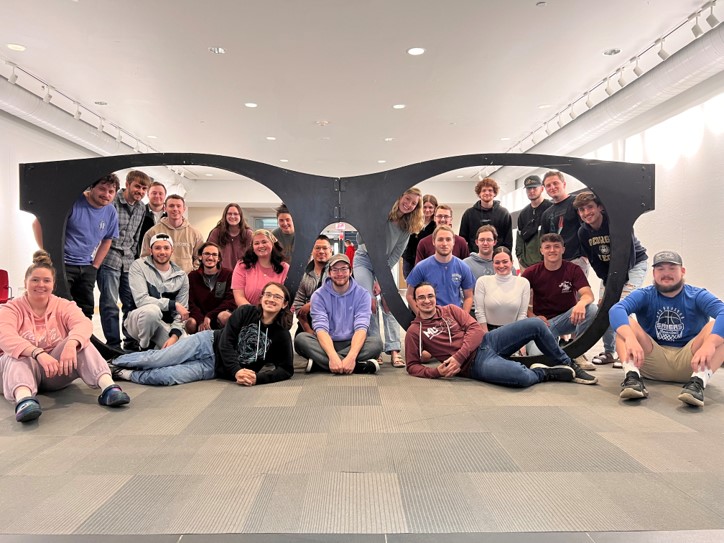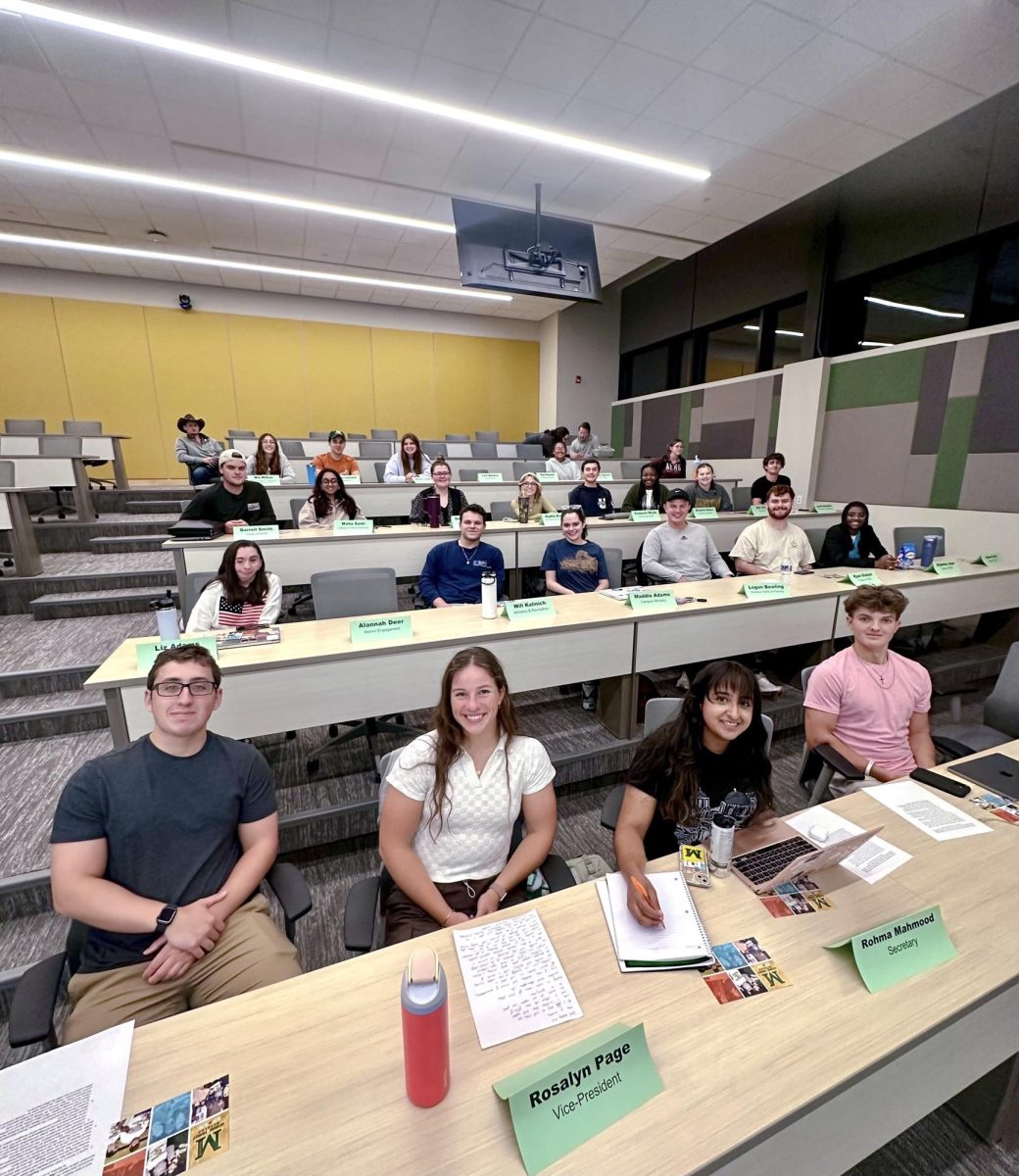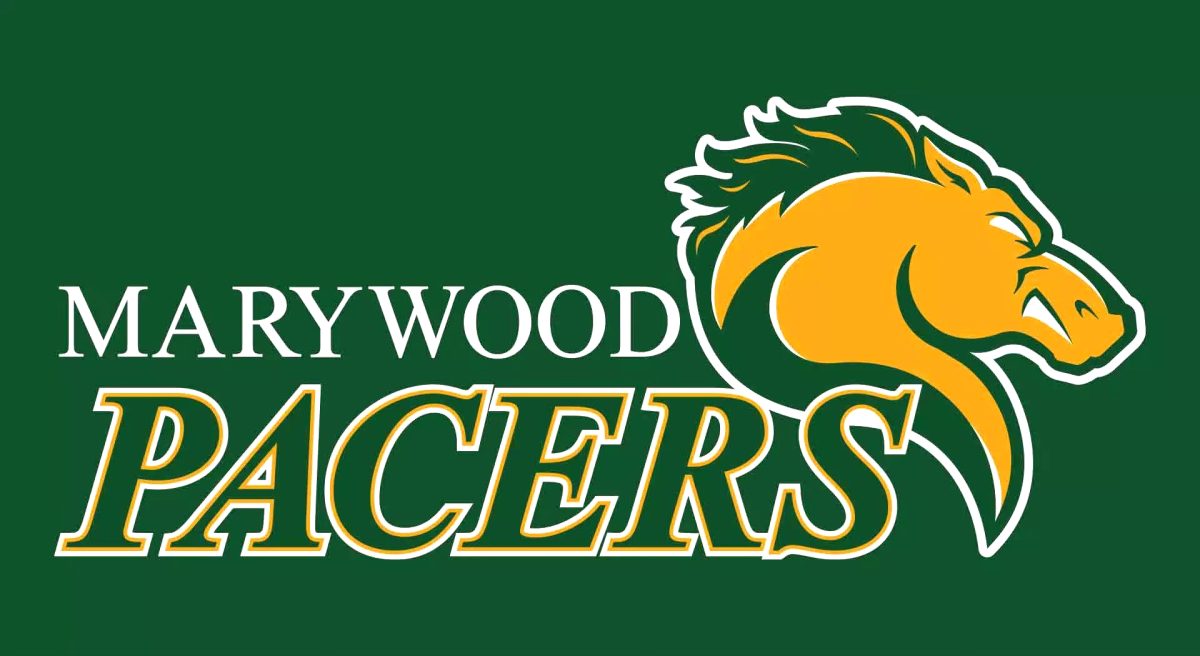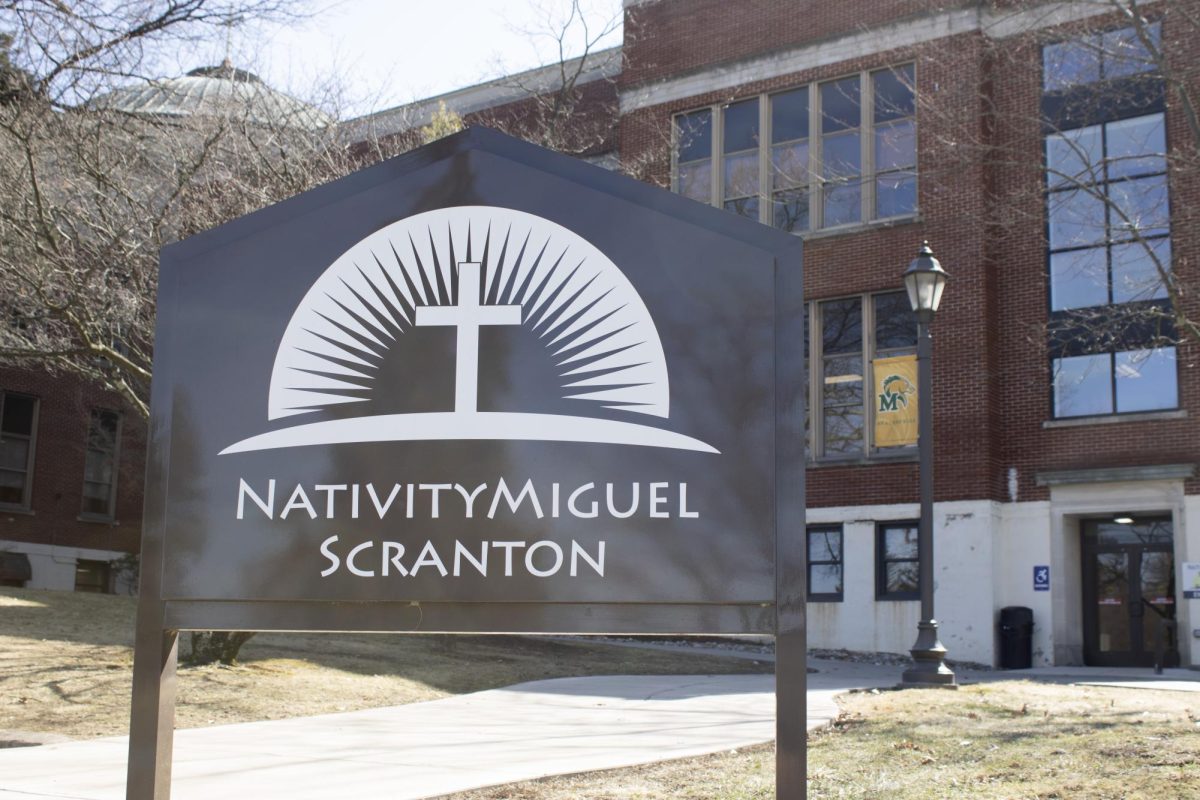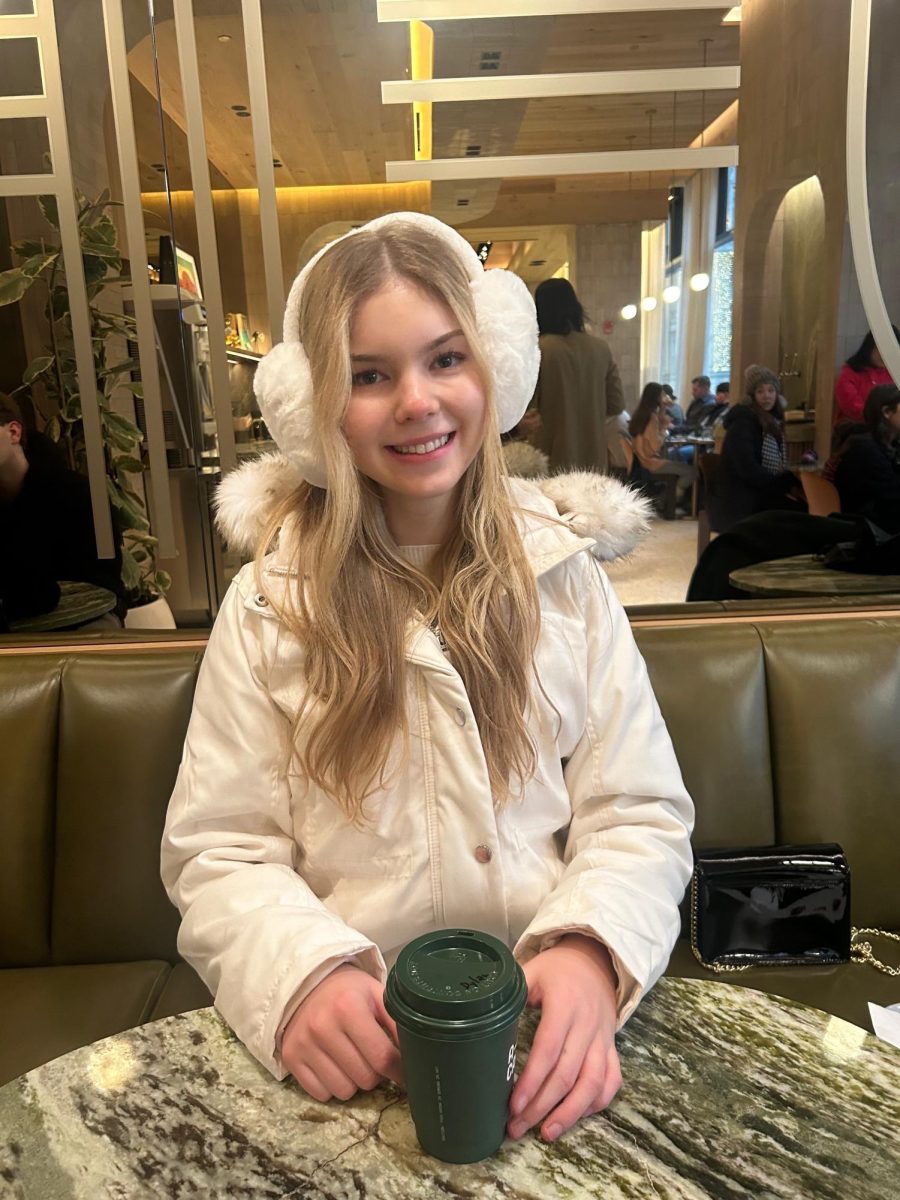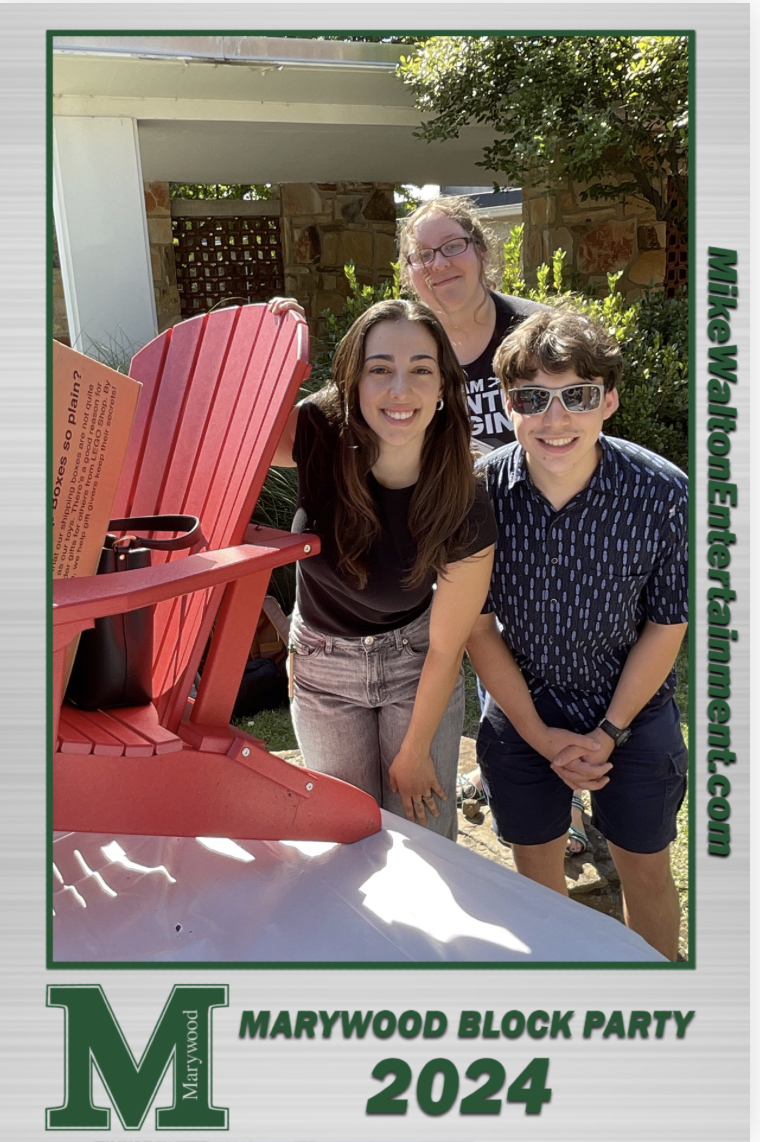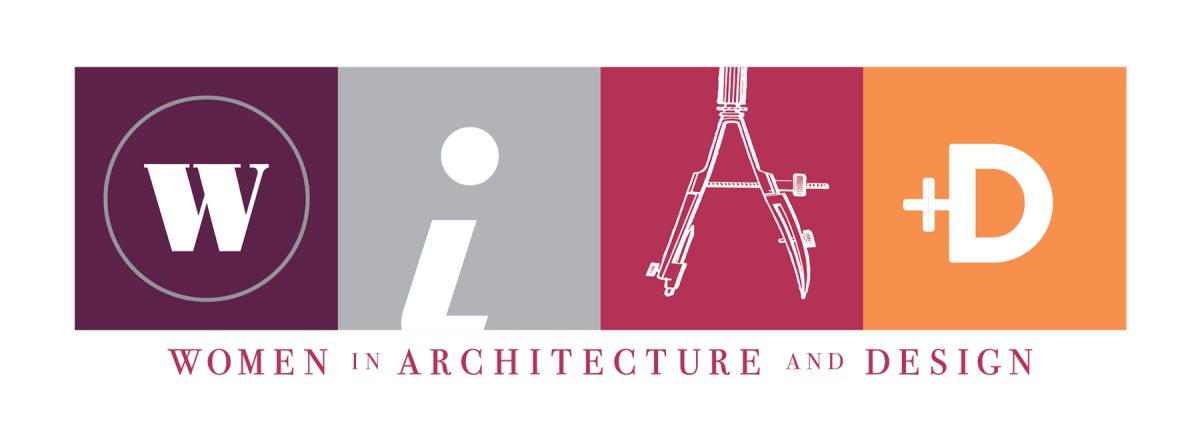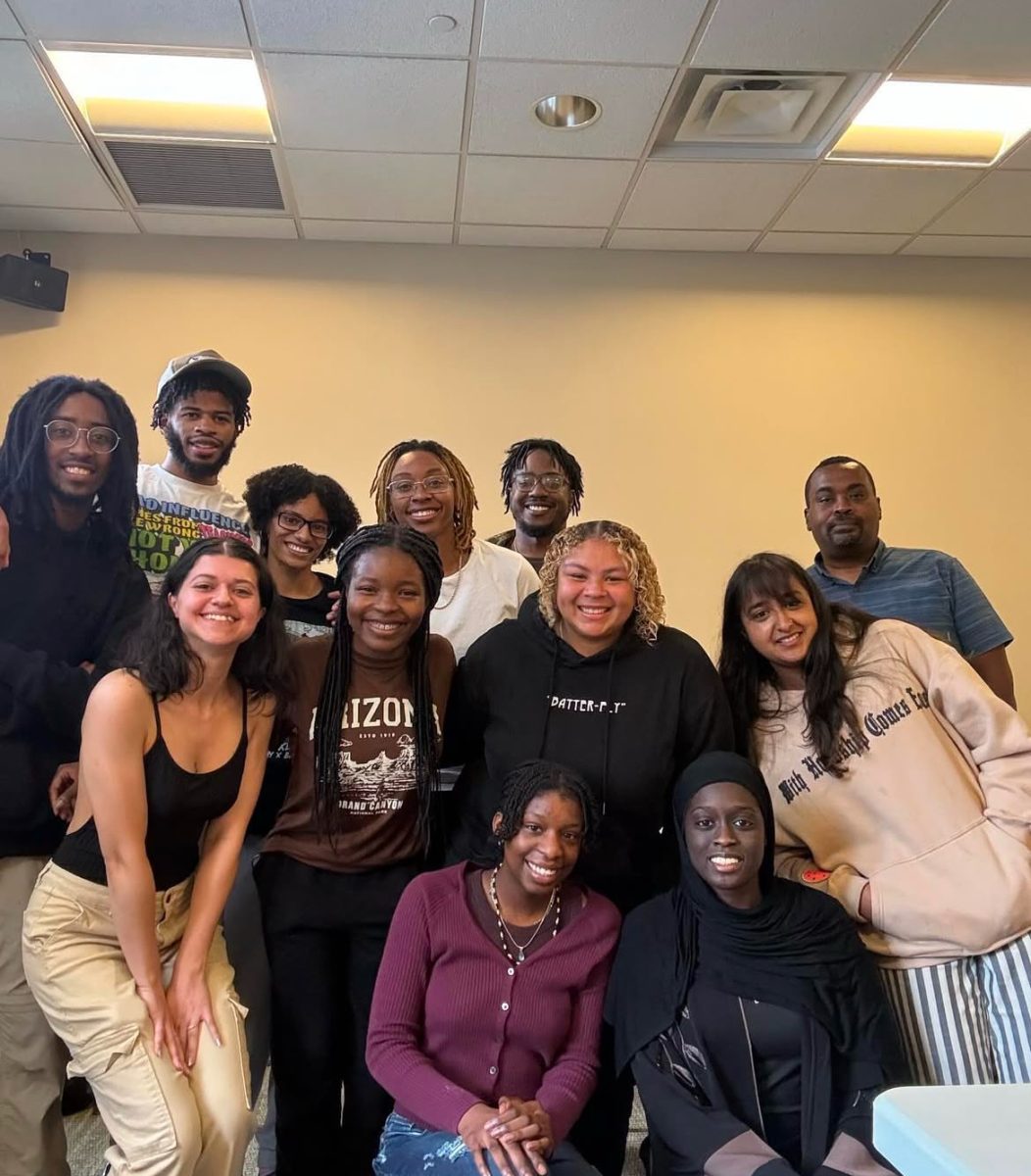The Center for the Living City was launched by a group of activists, practitioners, and academics in 2005, in association with Jane Jacobs. Jacobs was an urbanist and activist whose writings championed community-based approaches to city building, and whose impact still influences contemporary practice and the understanding of the ecologies of cities.
“Jane Jacobs was a journalist; she was not an architect,” said Maria MacDonald, executive director of the Center for the Living City. “Her first job was at the Scranton Times, so it’s critical, the link between architecture and journalism because the journalists are going to communicate what the architects can’t say in words.”
The Living City Lab was founded as a collaboration between Marywood University and the Center for the Living City. Joshua Berman, assistant professor of practice at Marywood’s School of Architecture, started at the Center in 2017 and has been the Coordinator of the Living City Lab at Marywood since January of 2023.
“The Center for the Living City was founded with the ideas to promote city planning that was fair, and sustainable and inclusive,” said MacDonald.
Through her experience and research, MacDonald noticed some big challenges and consequences of urban planning. MacDonald explained that the way in which our communities are currently organized inhibits social interaction.
“We always go back to the car. People don’t walk enough and they don’t interact enough. When you get into your car, your little bubble, your own pocket, you don’t have those same interactions that you could as if you were walking, you know, on the sidewalks,” said MacDonald.
MacDonald explained that the Living City Lab is designed to engage any student at Marywood, not just architecture students.
“Many students from the business, aviation, nursing, and art programs have attended the Center for the Living City lectures at Marywood University’s School of Architecture and have graduated with a Jacobsian designation in urban studies,” said MacDonald.
“The Living City lab offers me, and the students and community members I partner with, a chance to affect meaningful change.” said Berman
A recent accomplishment of the lab includes efforts toward a future restoration of the Gravity Slope Colliery oil house in Archbald. Architecture students from Marywood were able to help the Gravity Slope Colliery committee procure a sizable federal grant to push the restoration project forward.
The Center has worked with close to a dozen partners. Recently, it has partnered with the Girl Scouts by building sustainable housing and boats for the Girl Scouts to use. Current initiatives include Marywood’s Solar Decathlon Build project with the Girl Scouts in the Heart of Pennsylvania and Camp Archbald, Arthur’s Acres Animal Sanctuary, and programming with students at Valley View Intermediate School, which is a collaboration between both Marywood’s School of Architecture and the School of Education.
If students, faculty, or a community member want to propose a project, program, or initiative they can reach out to Maria MacDonald or Joshua Berman for more details.
Contact the Writer: [email protected]
Contact the Contributor: [email protected]



